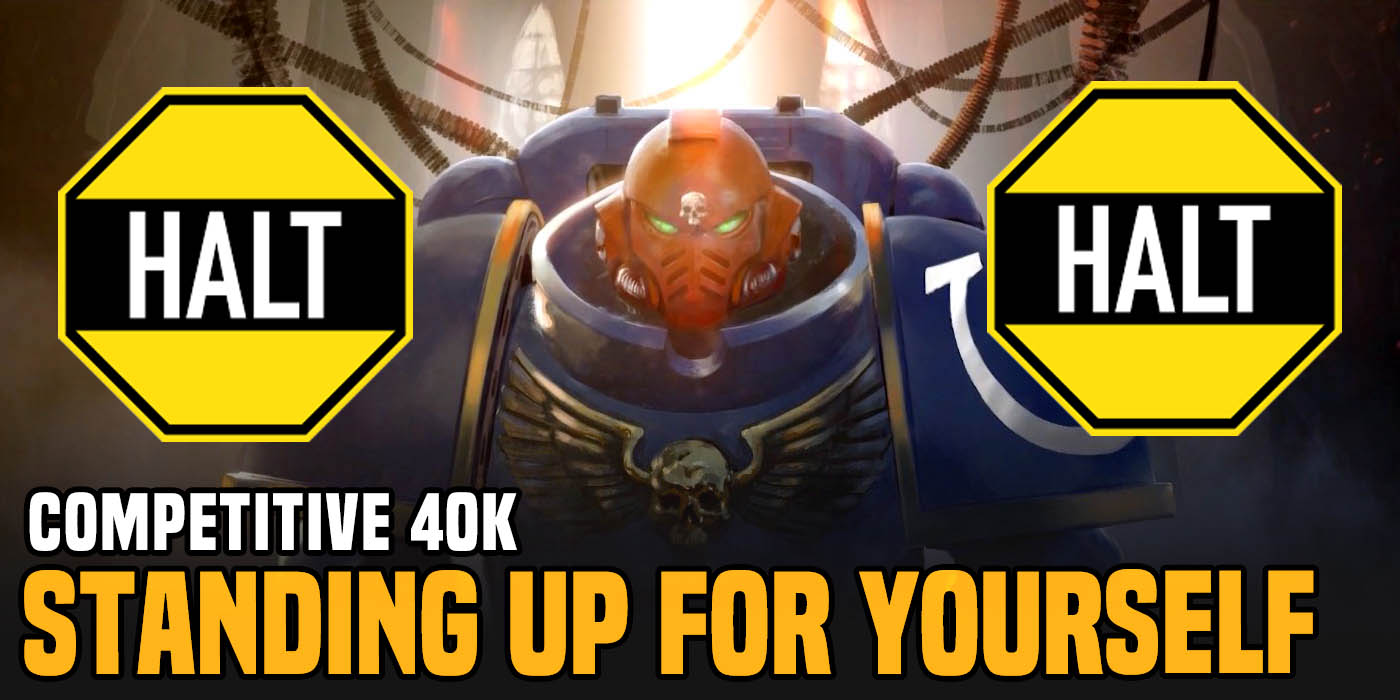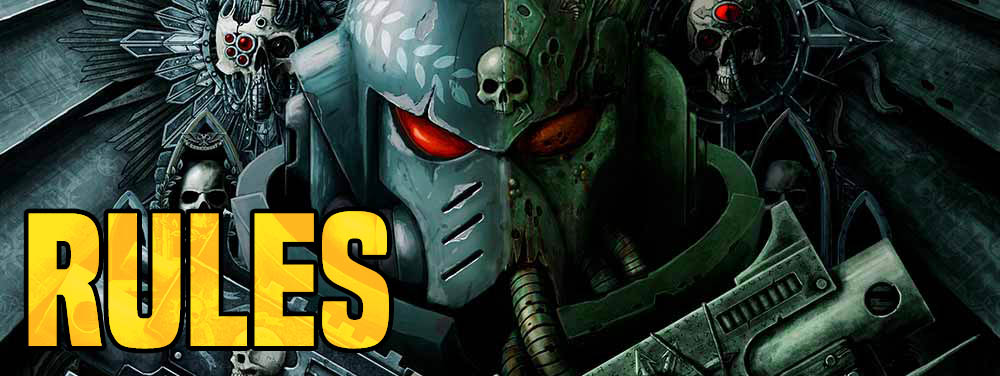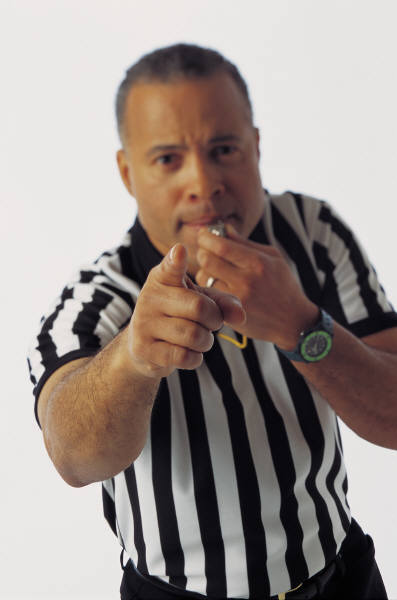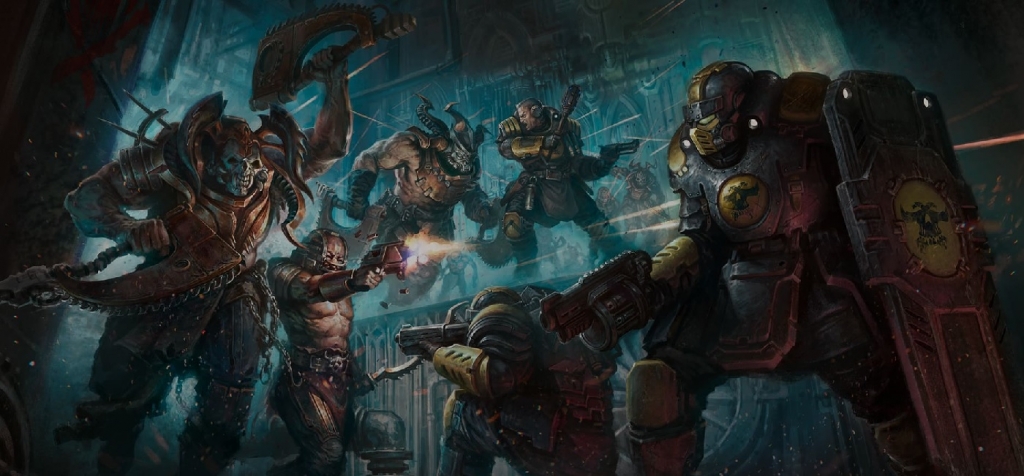Competitive 40K: Standing up for Yourself


Today I want to talk with you about a key part of competitive 40K – knowing when to stand your ground.
As we have seen this edition, and really through every edition, there are a lot of rules to the game. Sure, the core rules are not a lot, but due to the amount of codexes, supplements, FAQs, and information in general, there is a lot for players to take in. Not all of us have the time to research every army available in the game, in addition to just keeping up with your own army. Although some are easier to track than others, it is still a difficult job. Add to it the stress some people feel when attending a tournament, and you tend to forget a lot of your own rules, in addition to whomever you are playing against. During your games there will be time where you may not be sure of a rule your opponent is using or maybe you thought for sure it worked differently. In those instances don’t be afraid to ask questions.
As I’ve mentioned in previous articles, Warhammer 40,000 is a beer & Pretzel game that includes things like “Spirit of the Game” and things you would do or allow because you are playing with friends at the local game store or in your garage. In those cases it is very easy to question a rule or measurement because you have as much time as you want and the game is more for personal pride than competing for a top prize. In a lot of cases, players may not even bother to look up a rule until after the game is done so they can discuss it over a few drinks. Until recently, Games Workshop have always maintained that they do not make rules with tournaments in mind. I have always said that 40K is a casual game that we have shoehorned into being a competitive game. It different from a lot of other game systems because those other game systems, Warmachine specifically, are practically built from the ground up to be used in a competitive environment. Due to this casual mindset, Games Workshop is always telling us to somehow “just work it out”. For a lot of us, this casualness has been hammered home by Games Workshop over the last 30 years. This works for any casual game, and can even work for most competitive games, but there will be times where you really need to stand up question a rule or measurement.
Part of the stigma when you do this is that it makes you come off as a jerk. I know being a cool opponent is important for players, but having a fair game and one where there is no question as to outcome. Your opponent should be ok with you asking questions and calling a judge, especially if it is on your time. Personally I always find it odd when the player being questioned gives a lot of push back when question. It’s very suspicious, but that could just be my experience as an official. Sometimes calling a judge over can even help calm a situation. There have been times when a rules dispute has escalated and got a bit heated. Instead of continuing a game that both players will not have a fun time, you call a judge over and hopefully they can help smooth over the situation and help everyone calm down. Now, I know this isn’t always possible but at least it was handled in an official capacity instead of on the internet with other keyboard warriors. A lot of players will talk to me after a game and are a bit dejected when I tell them the answer, knowing that it would have greatly affected their game if they had called a judge over. Unfortunately, in most cases we can’t rewind the clock when something like that happens and is why I can’t stress enough that when you this something is wrong or seems off, talk to your opponent. The worst that could happen is you have to call a judge over.
I hope you enjoyed this week’s article. I would like to also point out that this advice also works for just about anything else you may be a part of. If you see something that you feel needs to be addressed, say something to the appropriate people. Nothing will be done if you don’t say anything. Even if, after talking to someone, nothing is done you can at least know that you did your part in trying to correct things.
~Thanks for reading. Be sure to give us your comments and your stories about rules disputes and judge calls, in the comments section below.








